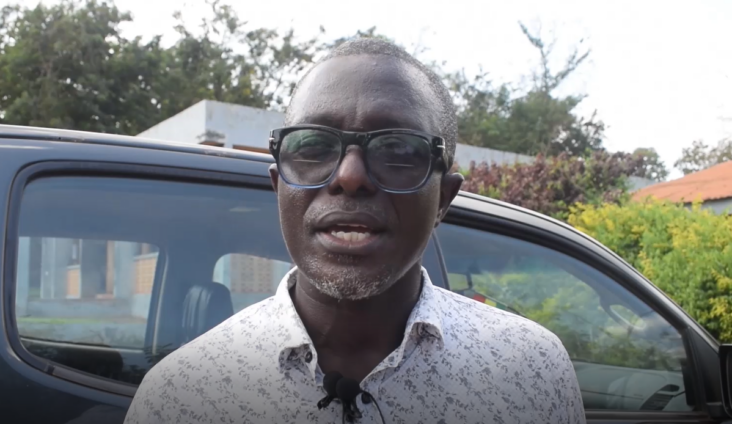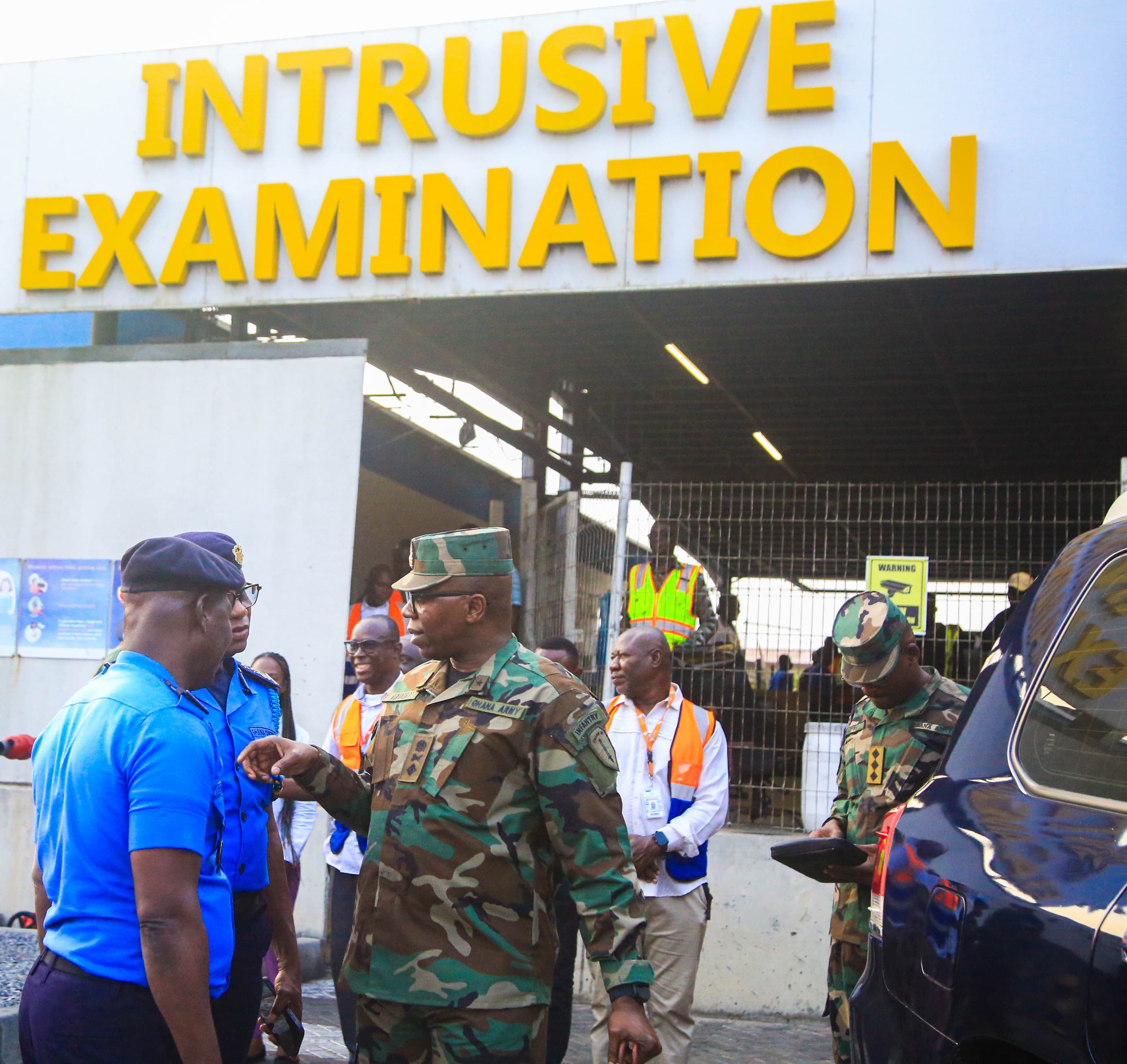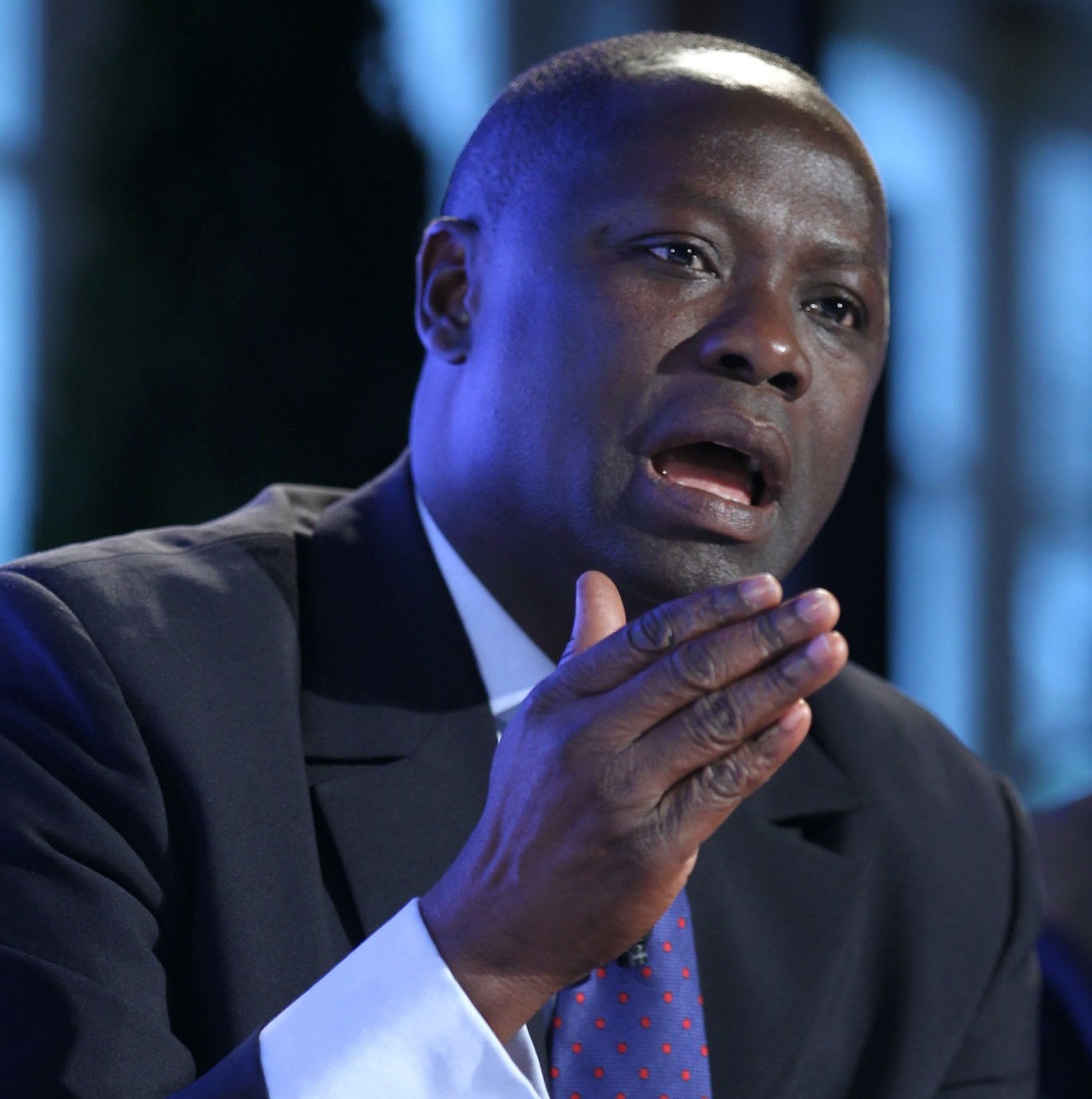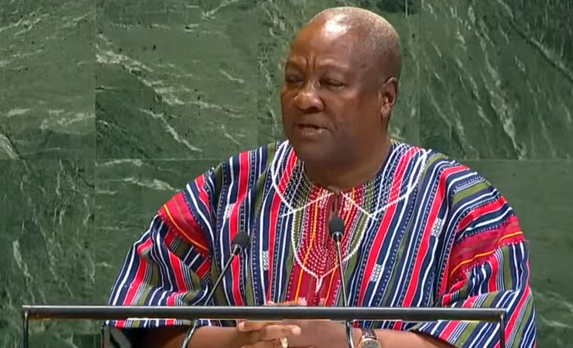The Juaboso District Director of the National Commission for Civil Education, Mr Stephen Tikoli has blamed the widespread apathy towards the upcoming District Level Elections on bad governance and lack of commitment towards full implementation of the dictates of the decentralization concept.
According to him, public interest in Assembly elections which has seen a sharp decline since its inception, reflects reality about neglect over the years, depriving Metropolitan, Municipal and District Assemblies the full powers and resources needed to facilitate development in their localities
Juaboso District NCCE Director, who was speaking to TV XYZ/Power FM’s Western North regional correspondent, Anthony Acquah said the lip service to pledges in the past must stop before it’s too late.
He noted with concern that the Assembly and Unit committee members which are not adequately resourced do not get the needed funds to execute work in their various electoral areas.
This he said equally renders them ‘useless’, entities solely depended on the manipulations and releases by government through the Assemblies.
The districts of Ghana were re-organized in 1988/1989 in an attempt to decentralize the government and to assist in development
DISTRICT ASSEMBLY CONCEPT
Per the concept as dictated by the 1992 Constitution, Districts are governed by District Assemblies, which are established by the Minister of Local Government, and serve as the highest political authority in each district. They consist of:
• the District Chief Executive, appointed by the President of the Republic
• one person from each electoral area within the district elected by universal adult suffrage
• the member or members of Parliament from the constituencies that fall within the area of authority of the District Assembly
• other members that shall not exceed thirty per cent of the total membership of the District Assembly appointed by the President in consultation with the traditional authorities and other interest groups in the district
FUNCTIONS OF DISTRICT ASSEMBLIES
As the political and administrative authorities over the districts, the primary function of District Assemblies is to promote local economic development.
The Local Government Act of 2016[6] also tasks District Assemblies to:
• formulate and execute plans, programs and strategies for the effective mobilization of the resources necessary for the overall development of the district
• promote and support productive activity and social development in the district and remove any obstacles to initiative and development
• sponsor the education of students from the district to fill particular manpower needs of the district especially in the social sectors of education and health, making sure that the sponsorship is fairly and equitably balanced between male and female students
• initiate programs for the development of basic infrastructure and provide municipal works and services in the district
• be responsible for the development, improvement and management of human settlements and the environment in the district
• in co-operation with the appropriate national and local security agencies, be responsible for the maintenance of security and public safety in the district
• ensure ready access to courts in the district for the promotion of justice
• act to preserve and promote the cultural heritage within the district
• initiate, sponsor or carry out studies that may be necessary for the discharge of any of their duties
These among others have been virtually taken away from the Assemblies over the period.
Under the current dispensation, the District Assembly Common Fund has been capped further reducing inflows which often comes late.
Another major source of revenue for Assemblies, property rates has also ben targeted by Centrao government.
The Ghana Revenue Authority (GRA) is partnering the Metropolitan, Municipal and District Assemblies (MMDAs) in the collection of property rates using a Unified Common Property Rate Platform.
The Unified Common Property Rate Platform also known as Myassembly.gov.gh is a complete end-to-end district revenue collection and administration platform designed to enhance the collection and accounting of property rates. It is also linked to the Ghana.gov.gh payment platform.
Reporter: Anthony Acquah – Western North





